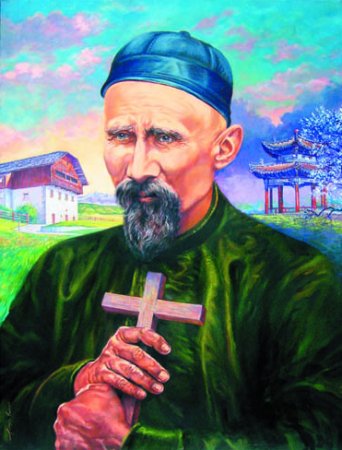We were shocked and saddened to learn the death by suicide of Robin Williams. With his success, we could not believe and understand that he could end his life that way.
Mystery clouds events of suicide. No one really knows how one decide to end ones life. But many agrees that suicide is born of despair. That the culprit is depression.
In the first reading, Jeremiah too was in a lowest point of despair. It is said: "He prayed for death saying: 'This is enough, O Lord! Take my life, for I am no better than my fathers.'" Only when the Lord touched Jeremiah and fed him that he regained himself and continued his journey.
Despair is a state of hopelessness. A graphic example of a state of hopelessness is an old famous film by Tom Hanks as Chuck Noland in "Cast Away". Chuck survived a plane crash and ended up in a isolated uninhabited island all by himself. He tried to escape the place sailing on his life raft but failed. He also tried making a smoke signal but cut himself in trying to make a fire. Frustrated he resigned his fate.
How did Chuck managed to survive after all depends on two things: First, he resolved to return an unopened Fedex package with a pair of angels wings stencilled to it. Second, he created for himself a personal companion, the volleyball named "Wilson". A sense of purpose and community took hopelessness and despair away.
This is also what Jesus in the Gospel wants to say when he said: "I am the living bread that came down from heaven; whoever eats this bread will live forever; and the bread that I will give is my flesh for the life of the world."
Jesus feeds with a purpose to live forever and this bread he gives is he himself that gives company!






